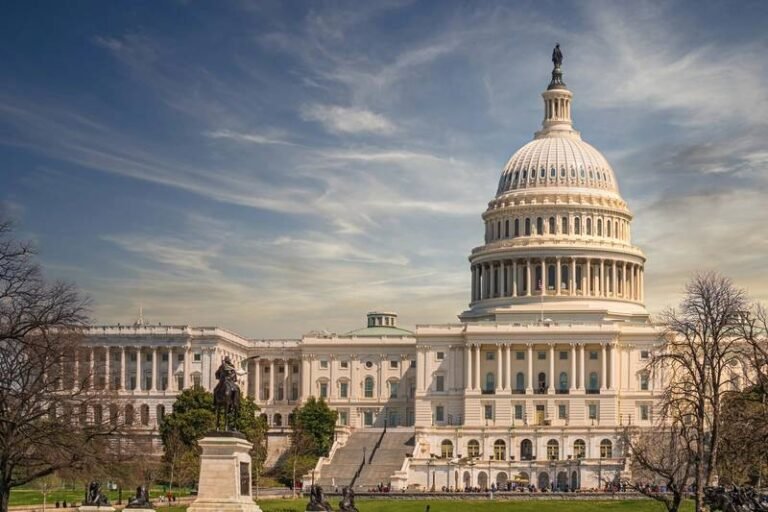The Future of Deepwater Port Regulation in the United States
By Jeffrey H. Lewis, Transportation and Trade Group, Cozen O’Connor
June 27, 2025
On March 5, 2025, the United States Senate passed an important bill to authorize funding for our United States Coast Guard, after failing to do so in the previous Congress. S. 524, the Coast Guard Authorization Act of 2025, would if enacted into law authorize appropriations to fund the Coast Guard totaling $30.45 billion for fiscal years 2025 and 2026. The bill is sponsored by Senate Commerce, Science, and Transportation Committee Chairman Senator Ted Cruz (R-TX) and cosponsored by Senators Maria Cantwell (D-WA), Dan Sullivan (R-AK), and Tammy Baldwin (D-WI). It was approved by the Senate by unanimous consent and now awaits further action in the House of Representatives.
S. 524 is a relatively skinny bill by today’s standards, weighing in at a modest 437 pages. In addition to authorizing congressional spending on the Coast Guard for the current and coming fiscal years, the legislation contains numerous provisions that would make changes and refinements to current law, including to the Coast Guard’s organic statute at Title 14, United States Code, federal shipping and navigation laws, and other related provisions of the U.S. Code and federal statutes at large.
One such provision is section 243 of the bill, innocuously titled “Clarification of authorities.”
- It would amend section 5 of the Deepwater Port Act of 1974 (33 U.S.C. 1504) (DPA) to take away general implementing rulemaking authority for the Act from the Coast Guard and vest that authority instead in the Secretary of Transportation and DOT’s Maritime Administration (MARAD), which have no such expertise.
In particular, it would shift the “lead agency” role in reviewing deepwater port license applications for environmental impacts under the National Environmental Policy Act (NEPA) from the Coast Guard to MARAD. This transfer of authorities and roles from the Coast Guard to DOT and MARAD is ill-advised for several reasons.
First, a little background: the term “deepwater port” refers to a crude oil or natural gas terminal sited on an offshore platform at the end of a miles-long subsea pipeline. Deepwater ports make it possible to load crude oil and LNG from onshore facilities onto the largest supertankers in a safe and environmentally sound manner.
Currently, MARAD and Coast Guard split responsibilities for license application review based on longstanding delegations of authority by the Secretaries of Transportation and Homeland Security, respectively. The Coast Guard is, and has always served as, the lead agency for NEPA compliance review and been responsible for matters of deepwater port navigation safety, engineering and safety standards, operations, and inspections. MARAD is responsible for determining applicant financial capability and citizenship, preparing the project record of decision, and issuing or denying the license.
With the dozens of deepwater port license applications submitted to the federal government and more likely to come, now is not the time for Congress to change the well-established and complementary roles and responsibilities of the Coast Guard and MARAD. These proposed changes will only cause confusion and inefficiency, slowing and possibly even halting the processing of deepwater port license applications.
About the Author
Jeff Lewis is a Member of Cozen O’Connor’s Transportation and Trade Group in Washington, DC. Jeff brings over 30 years of extensive experience representing and advising clients, members of Congress, and federal agencies on a wide range of legislative, regulatory, and policy matters. His clients benefit from his deep understanding of maritime and transportation law and policy, cultivated through senior leadership and advisory roles within the U.S. Department of Transportation, where he served as Chief Counsel of the Maritime Administration, and at both the U.S. Coast Guard and the U.S. Senate Committee on Commerce, Science, and Transportation, where he served as a senior attorney-advisor.

